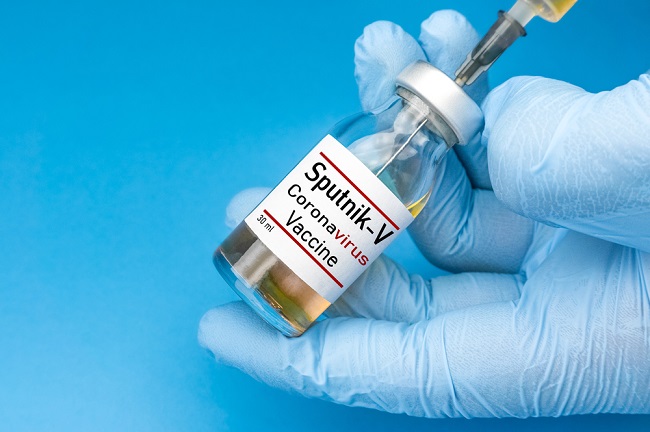Mother-to-child transmission of HIV can occur during pregnancy or during delivery. However, there are several ways that can be done to prevent HIV transmission from HIV-positive mothers to their babies.
In addition to during pregnancy or during delivery, HIV transmission from mother to baby can also occur during breastfeeding. However, the risk of transmitting HIV to the baby through breast milk is smaller.

Infants and children infected with HIV are more at risk of experiencing various health problems, ranging from infection, malnutrition, to developmental disorders.
Therefore, it is important for every pregnant woman with HIV positive status to prevent HIV transmission to her baby. This preventive step can be done by regularly taking HIV drugs since before pregnancy, during pregnancy, until before delivery.
How to Prevent HIV Transmission to the Fetus
If preventive measures are taken correctly and according to the doctor's instructions, the risk of transmitting HIV from mother to baby can be reduced by up to 1%. On the other hand, without treatment, pregnant women who are HIV positive have a 5–25% chance of transmitting HIV to their babies.
Various steps to prevent HIV transmission from mother to baby can be done in the following ways:
- Consult a gynecologist to determine the method of delivery, namely caesarean section or normal delivery
- Undergoing combination antiretroviral therapy or highly active antiretroviral therapy (HAART) during pregnancy
- Not giving breast milk to babies
In addition, doctors will also give antiretroviral drugs to babies born to mothers with HIV positive status to prevent HIV transmission.
If the mother with HIV has received regular treatment until the HIV virus is no longer detectable in the blood through the examination viral load, the process of giving birth normally can be re-considered.
However, doctors will usually still recommend a caesarean section to minimize the risk of HIV transmission, especially if the mother has not previously undergone combination therapy and there is still a detectable virus in the blood.
Rules for Taking HIV Drugs Safely
It is important to take HIV drugs to reduce the amount of the HIV virus and reduce the risk of transmitting the virus to the fetus.
However, you still need to consult a doctor regularly, because some types of HIV drugs can cause side effects on the fetus, such as impaired fetal growth and development in early pregnancy.
After the baby is born, the doctor will examine the baby's condition and perform tests to detect the presence of the HIV virus in the baby's body. This examination is done within 48 hours after birth and will be done again 6-12 weeks from the first examination.
If you have HIV and are currently undergoing a pregnancy program or are already pregnant, it is advisable to regularly consult with your obstetrician to determine the right HIV treatment.
By undergoing treatment according to the doctor's recommendations, it is hoped that the amount of HIV virus in the mother's body can be reduced and the risk of transmitting HIV from mother to baby can be suppressed.









